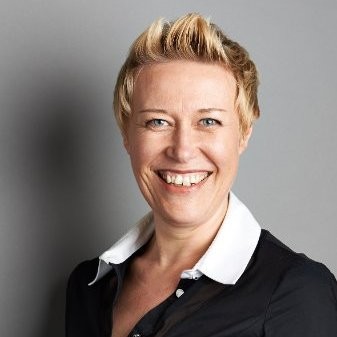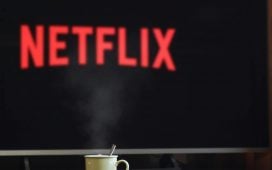 Holding pitches to gain fresh creative ideas are part and parcel of the ways brands work with agencies – but at times the process can be exploited for the gain of advertisers.
Holding pitches to gain fresh creative ideas are part and parcel of the ways brands work with agencies – but at times the process can be exploited for the gain of advertisers.
In the past, there was an “obsession” among brands of using pitches to acquire as many new concepts for free as possible, according to British online bank Monzo’s vice-president of marketing for Monzo, AJ Coyne.
But, he suggested, the tide is turning as agencies have become smarter in recognising onerous reviews and are increasingly turning down invitations to pitch where the demands placed upon shops are too high.
The Monzo marketer pointed out his own preference was for “fewer, bigger, better” agency relationships, investing time in existing partners rather than regularly looking for new ones.
But how far have all brands taken the same approach? Is the “obsession” with trying to get free ideas still an issue?

Laura Vipond, Chief Growth Officer, Ogilvy
Happily, it’s a much less common occurrence to spot your pitch idea on a billboard without being paid for it. This is in part due to agencies being more discerning about what they pitch for and better protected against IP infringement (always read those NDAs!) with services like the IPA’s Pitch Protection Scheme.
A more concerning trend is brands offering a pitch fee in return for IP. These pitches are transparent in their agenda – lots of ideas, no strings, the agency gets some pocket money. But the pitch fee, as has been reported before, is always nominal and doesn’t reflect the true value of the work. Thankfully, the vast majority of pitches now are run for the right reasons and do follow best practice – the start of any successful client agency relationship.

Jim Coleman, UK Chief Executive, We Are Social
We’ve only experienced a handful of occasions when the pitch or chemistry felt like the brand was fishing for free ideas. Key warning signs are lack of clarity on budget, and that procurement isn’t part of the process. We’ve also noticed that it tends to be a certain type of brand from a particular sector, and as a result, we now know what to avoid and rarely agree to pitch for this type of opportunity.
If there is a hint of scepticism that the client is just looking for free ideas it creates a far greater negative impact on that brand. People in agencies talk; we share stories of clients who seem disingenuous with their approaches. They should respect the time that an agency has spent (usually for free) thinking and working on ideas. Clients owe it to their brand’s reputation to be sincere, honest and fair when engaging with an agency.

Sarah Dear, Chief Executive, Born Ugly
It’s a massive issue. For creative businesses, it takes a huge amount of time and effort from a team which isn’t paid to do the work, which diverts time and effort from your existing clients. But it’s a worse issue for the creative industry as a whole, because it fundamentally devalues what we do.
How can you get people to understand the value of something if you give it away for free?
And it’s even worse for clients: they never get the opportunity to have the conversations and build the partnerships that help them get to the ugly truth of the real challenge they are trying to solve. And I can imagine that the pressure to make a decision after a whole load of ideas and creative work has been thrown at you must be dreadful.
As you can tell, I’m not a fan.
This article was originally featured on Campaign UK









